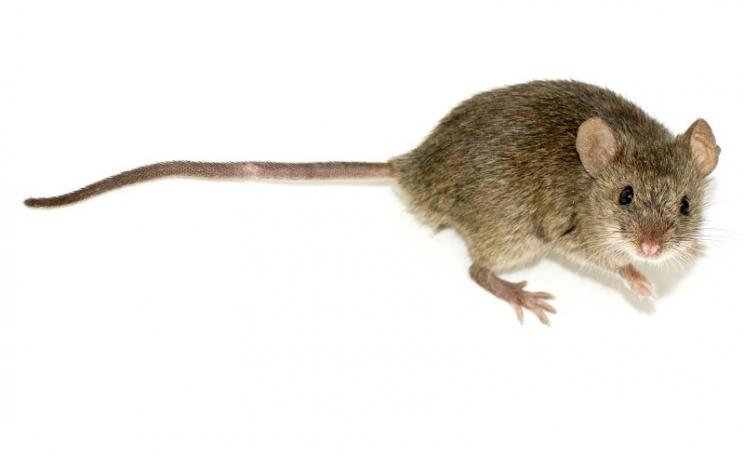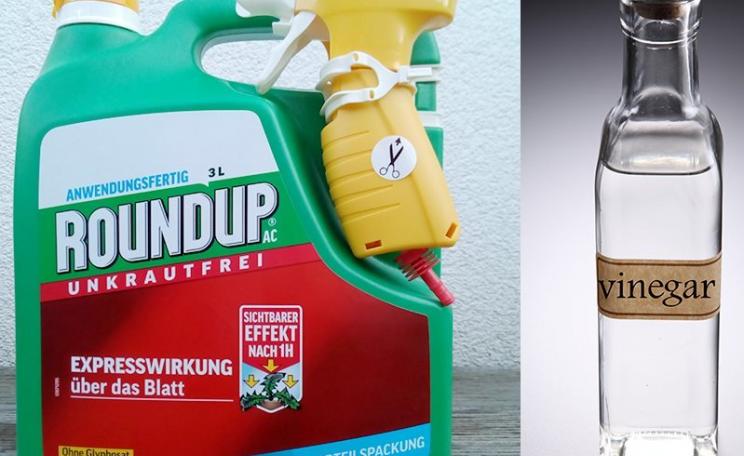A competition to design the least intelligent food-production system would be hard pressed to beat the one we have. As the authors of this book show, the dominant chemical-intensive ‘Green Revolution’ model failed as early as the 1980s, when yields fell even as fertiliser use climbed. Soil, water and people suffer the toxic legacy. Meanwhile, we transport food around the globe, aggravating climate change. The latest ‘solution’ to the problems caused by the first Green Revolution is... a second Green Revolution, this time with self-replicating pollution caused by GM crops. The rush to agrofuels will intensify the crisis, stealing land from food crops while hardly making a dent in carbon emissions.
Alternatives to the failed model are detailed in this book, which cites scientific research and case studies to describe successful organic farming systems. Two objections commonly raised to the widespread adoption of organics – low yields and not enough fertiliser – are shown to be false. The assumption that humans bring environmental degradation is also rubbished. Research reveals the re-greening of the arid African Sahel (contrary to scientific predictions) by farmers using traditional methods that owe nothing to the World Bank or Western technology. Other inspirational stories include a Japanese rice farm where ducks do the weeding and pest control, and the organic agricultural revolution feeding Cuba without fossil fuels.
The most exciting development is integrated farms, as pioneered in China and Brazil. Combining fish, crops and livestock, the farms produce abundant food with zero inputs and emissions. The only byproduct is biogas that can be used for energy. If adopted worldwide, this farm model could save energy and reduce greenhouse gases.
Biotech proponents tell us that turning our backs on GM crops is a ‘crime against humanity’ that deprives the developing world of food. The real crime, however, is to turn our backs on the cheap and sustainable solutions outlined in this impeccably referenced book.
Food Futures Now by Mae-Wan Ho, Lim Li Ching, Sam Burcher et al (Institute of Science in Society and Third World Network, £15)
This article first appeared in the Ecologist May 2008







